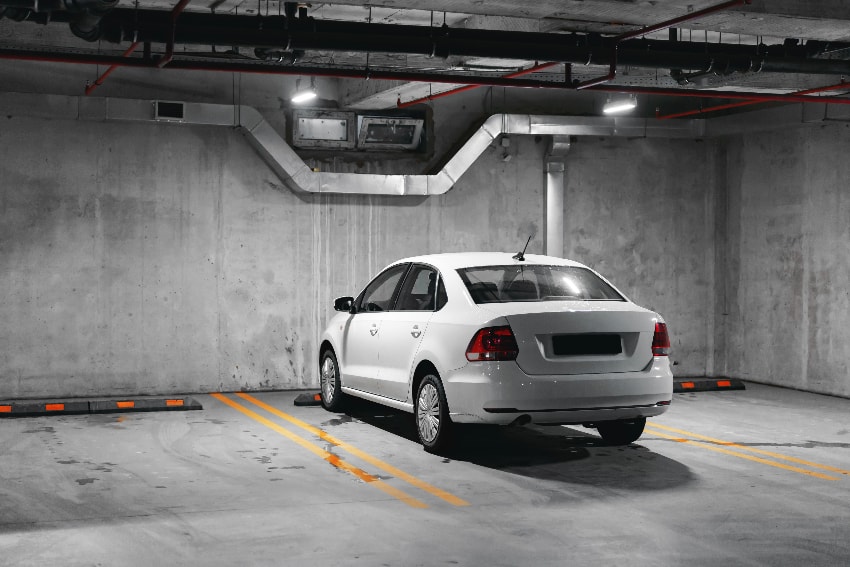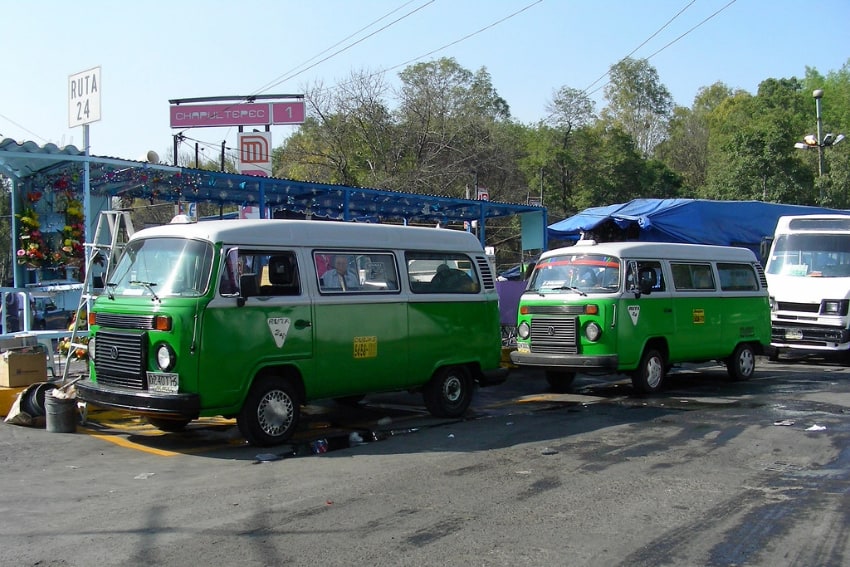When we hit the road in English, we are not actually striking the pavement, but we are on the road again. When we catch a red-eye, there is only a chance that eye reddening may occur: we’re merely boarding a flight that travels through the night.
In the same way, Mexican Spanish uses certain transportation idioms and sayings that may have meanings far beyond the words’ face value. Do you have the travel bug? Then come with us as we delve into some common Mexican expressions.
1. Darle el avión
Literal meaning: to give (someone) the plane.
If a wealthy benefactor were to gift you a plane, you would be elated. However, in Mexican Spanish, you won’t be so pleased. That’s because if an individual is said to give you a plane, it means he’s telling you to get lost or, at the very least, is ignoring you.
“Traté de explicarle a mi jefe por qué no puedo trabajar los sábados, pero solo me dio el avión.”
“I tried to explain to my boss why I can’t work Saturdays, but all he did was give me a deaf ear.”
2. Írsele el avión
Literal meaning: to have an airplane get away from you
Ever missed your flight? What a drag! Something akin happens when we are busily relating an event to a colleague and suddenly lose our train of thought. It turns out that Mexicans don’t lose their train; they miss their planes! Use this phrase to explain away your next brain fart.
“¿Qué estaba diciendo? Se me fue el avión.”
“What was I saying? I lost my train of thought.”
3. Cajón

Literal meaning: a big box
One day in my workplace a supervisor called and announced that I had been assigned a “cajón.” Since “caja” in Spanish means box, I imagined that I had received a big box of something. As it turns out, this is the Mexican Spanish word of choice for a parking space. So even though you may have to think outside the box, please, by all means, park inside your box.
“A usted se le ha asignado el cajón #65.”
“You have been assigned parking space #65.”
4. Camellón
Literal meaning: the big camel
The median strip is a narrow swath of land that divides two or more lanes of traffic. Imagine that you could slice the entire boulevard and look at it transversally from pavement level. What would you see? The medium strip would appear as a large hump in the middle in comparison to the lanes on either side. Originally a name for the ridge of earth between furrows in a garden, some clever wit applied it to these barriers the term has stuck. Lesson? Drive safely—and watch out for those camels!
“Tras una discusión con su novia, el joven chocó contra el camellón.”
“After a fight with his girlfriend, the young man crashed into the median strip.”
5. Chapopote
Literal meaning: a perfumed paste (from Nahuatl)
Meet the local word for asphalt, a departure from the standard Spanish “asfalto”. Note the following quote from the Mexican newspaper El Universal:
“La carretera está … perdida entre grandes tramos de terracería y retazos de chapopote.”
“The highway is … lost between swaths of dirt roads and remnants of asphalt.”
6. Claxon
Score another genericide. Genericide? That’s what legal experts call it when a brand name becomes generic. For example, Band-aid began as a brand name, but its usage became so common that any adhesive bandage is now called Band-aid, regardless of the brand. In this case, the Lovell-McConnell Manufacturing Company of Newark, New Jersey bought the rights to an early horn that made an “awooga” sound, now associated with antique vehicles. The brand name Klaxon was chosen from a Greek word meaning “I shriek.” In modern Mexico and other Spanish-speaking countries, although the dictionary may say “bocina,” any vehicle horn is called a claxon.
“En una fiesta de graduación virtual, todos se subieron a sus coches y dieron la vuelta al barrio tocando el claxon.”
“At a virtual graduation party, they all got in their cars and started going around the neighborhood honking their horns.”
7. Combi

Literal meaning: combination
In the early ʻ50s Volkswagen introduced its iconic Type 2 van, or Kombi. Its removable seats made the vehicle a combination that proved massively successful and was quickly embraced by the hippie movement. In Mexico, the vehicles were put into service as mass transit. To this day, Mexicans refer to any public minibus, regardless of brand, as a “combi.”
“¿Dónde puedo agarrar la combi a Indios Verdes?”
“Where can I catch the minibus to Indios Verdes?”
8. Mueble
Literal meaning: furniture
Our Mexican host drove us to a gas station near Piedras Negras, Coahuila where we were going to join another friend of ours. Parking and turning off the motor, the driver turned to me and asked: “¿No sabes qué mueble trae?” Since word-for-word that means, Do you know what furniture she’s coming in?” I was inclined to respond: “I dunno. A love sofa maybe”. Lesson? Remember that in northern Mexico any vehicle is a “mueble.”
“¿No sabes qué mueble trae?”
“Do you know what kind of vehicle she’s driving?”
9. Pulmonía
Literal meaning: pneumonia
Staying healthy is a priority now more than ever. No one in their right mind would mess with pneumonia. If you visit the lovely port city of Mazatlán, though, you might think otherwise. There, golf carts have been outfitted as public taxis and are known by the moniker of “pulmonías.” But don’t fret. When these novelty vehicles began to carry passengers, envious taxi drivers spread the rumor that riding in them would expose you to pneumonia. The false claim wasn’t lost on the public, who have proudly embraced these touristy taxis and their contagious name. Today’s Mazatlán even boasts a monument to the “pulmonía.”
“¿Cuánto cuesta viajar en una pulmonía en Mazatlán?”
“How much does it cost for a ride on the golf-cart taxis in Mazatlán?”
10. Hecho la mocha
Literal meaning: turned into something cut off
During the heyday of the railroad, a practical need arose in the rail yards in order to service the trains. The large locomotives had a difficult time maneuvering in the narrow spaces. The solution? Smaller engines were brought in. These units garnered the nickname “mocha,” from the verb “mochar” – to cut off or shorten – because they appeared clipped in comparison to the full-size engines. These little guys were not only more agile but gave birth to this swift idiom.
“Cuando a mi abuelo le dio el infarto, mis papás y yo tuvimos que irnos hechos la mocha.”
“When my grandpa had a heart attack, my parents and I had to leave in a hurry.”
So there you have it! Consider this sampler part of your linguistic passport as you travel around the country. Practice these new terms liberally. Just make sure you don’t lose your train of thought.
Lee Jamison has lived and worked in Latin America for more than 25 years and is a resident of Mexico. He operates the site insiderspanish.com and is the author of the book My Burning Tongue: Mexican Spanish available in paperback and Kindle formats at amazon.com. He has also written guides on the Spanish spoken in Costa Rica, Guatemala, Nicaragua, and Panama.
